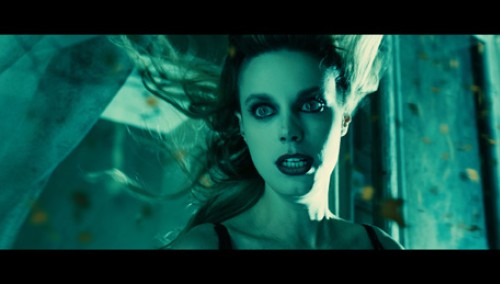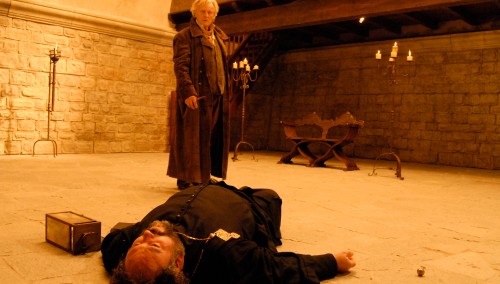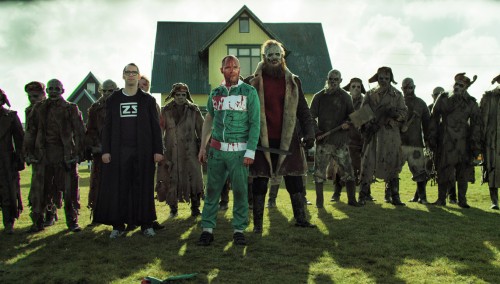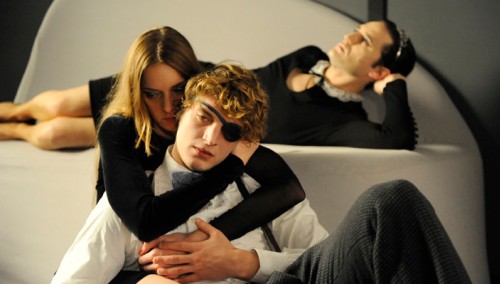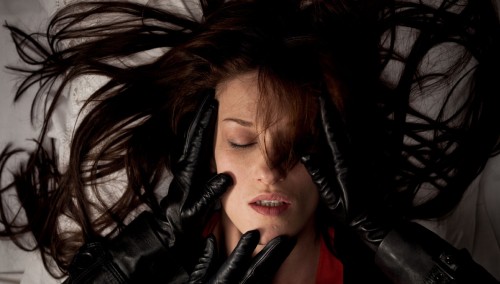Night Sight 2014
With the seventh “Night Sight” this year, we will attempt to replace the unfortunate term of genre cinema with the more apt and elegant construct “Fantastic Film”. The reason for this is simple enough and draws, not least of all, from the bewildered viewer reactions in recent years due to selected films which could not be categorized in any genre, but are indeed “fantastic” (in the aforementioned sense, but hopefully also in the conventional sense). “Night Sight” is purposely intended to be accessible and inclusive: it is certainly not intended to fulfill expectations, but rather to subvert them and challenge the audience. Calling something genre cinema means drawing constraining limits: anything that cannot be unequivocally categorized already represents a threat to the fabric of the program. The “Fantastic Film”, on the other hand, has a broad scope: it is generally oriented to the literary category of the Fantastic, in particular it includes all narrative genres and stances that can be defined as anti-verist and could be attributed to a genre, but do not have to be. You and the Night by Yann Gonzalez, for instance, cuts all ties to reality that is outside the film and therefore recognizable: abstraction, alienation, hyperbole and exaggeration dominate and define this heavily nocturnal film glowing in bluish black and neon colors. Classical genre elements, however, are not to be found in it. And while the new masterpiece by Hélène Cattet and Bruno Forzani (Amer, Night Sight 2010) with the lyrical title The Strange Colour of your Body’s Tears imbibes the European genre film culture of the seventies, the film is neither a thriller nor a crime story nor a horror film, but rather the avant-gardist condensation of a certain aesthetic and grammar of film. Both films undoubtedly belong into Night Sight, because they are wholly fantastic. In releasing the Fantastic Film from the ghetto of genre cinema, there is of course a hope that the exasperating antagonism between artistic and commercial, between auteur cinema and entertainment may be at least slightly destabilized. Because Fantastic Film includes many works by Jean-Luc Godard as well as Lucio Fulci’s mangy genre cinema and the somnambulantly erotic, artistically cruel universe of a Jean Rollin. Night Sight wants to and must contribute to liberating cinema from bureaucratic categorizations and arrogant distinctions, so that it can stop being “good” or “bad” and find acceptance for what it is: ultraart that is not to be reduced to a common denominator in its diversity, and which is certainly not to be categorized by narrow-minded administrators. We hope that this year’s Night Sight selection, thoroughly contradictory, unreasonable and risky as it is, can demonstrate again that it is not a matter of proving “good taste” or “bad taste”: the point is to be beyond taste, right in the middle of the “Fantastic Film”.

